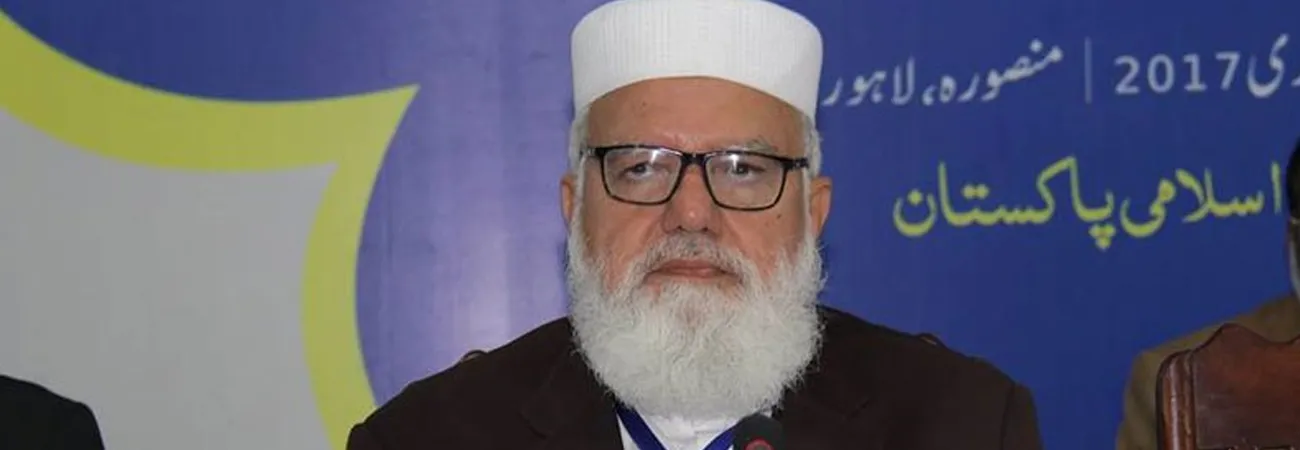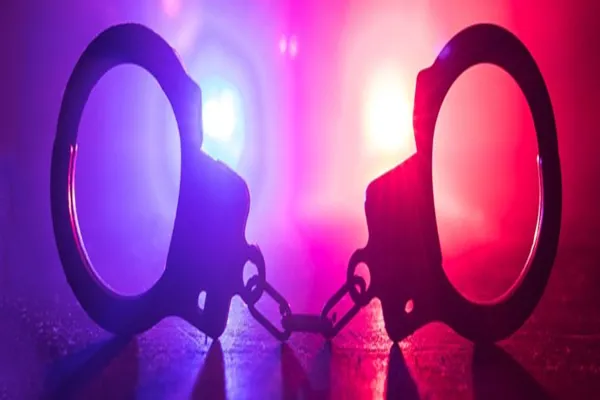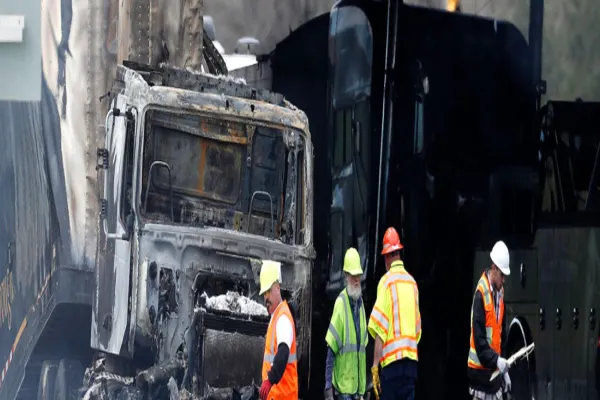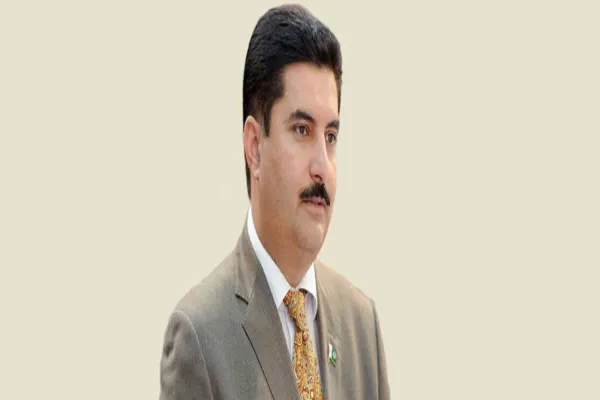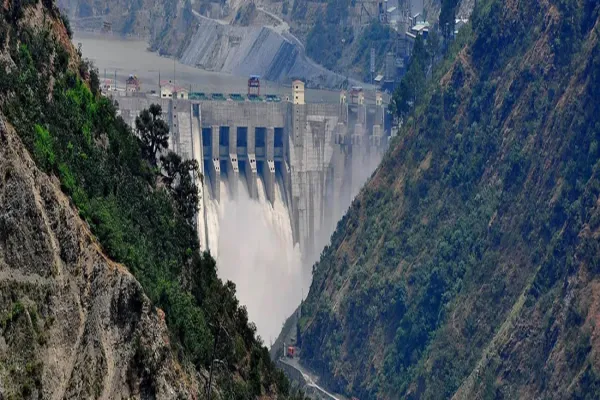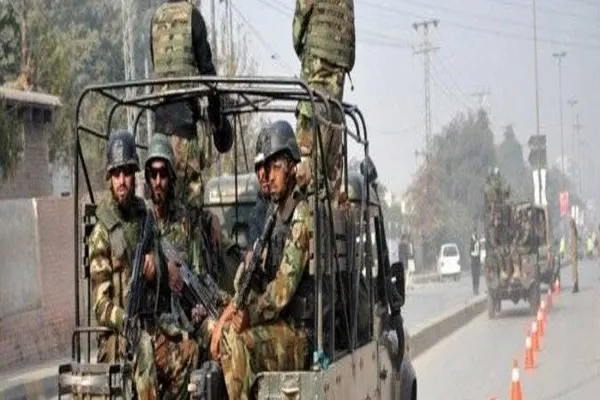i NEWS PAKISTAN
Deputy Ameer of Jamaat-e-Islami and President of the National Political Affairs Standing Committee, Liaquat Baloch, visited the hospital to see Pakistan Peoples Party’s central leader Naveed Chaudhry to express heartfelt condolences over the death of the wife of PML-N social leader Mauladad Gujar. Baloch’s visit follows a series of engagements highlighting his party's continued efforts to combat terrorism and promote peace in Khyber Pakhtunkhwa and Balochistan.
Responding to an invitation from Khyber Pakhtunkhwa Chief Minister Ali Amin Gandapur, Baloch emphasized the top priority of Jamaat-e-Islami's Milli Yakjehti Council: ensuring peace, eliminating terrorism, and protecting the lives, properties, and honor of the people in Khyber Pakhtunkhwa. He added that the party would rise above political differences to play a constructive role in achieving peace across the country. In a separate engagement, Baloch met a delegation of youth and scholars from Dir, Malakand, and Buner in Mansoura, where he commented on the growing global response to U.S. President Donald Trump’s statements.
He criticized Trump's rhetoric as symptomatic of imbalance and disappointment, particularly in light of Israel’s early setbacks during his presidency. The recent global backlash, especially from Arab and Muslim countries, was lauded by Baloch. He reiterated the need for Pakistan’s government to reaffirm the stance of Pakistan's founder, Quaid-e-Azam Muhammad Ali Jinnah, on Kashmir and Palestine, with clear messages that Kashmir is Pakistan’s jugular vein and that Israel was an illegitimate creation.
In his media interview, Baloch also emphasized the importance of citizens' rights to express their opinions through letters, but underscored that political crises in Pakistan cannot be resolved solely through written communication. He called for national political and democratic leadership to play a central role, avoiding over-reliance on the civil-military establishment. Baloch further proposed that the government release a comprehensive list of announced national development projects and their current status to ensure transparency.
Baloch voiced serious concerns over rising insecurity in Pakistan, citing the growing rates of terrorism, street crimes, and unrest. He pointed out the dire situation in Karachi, where residents face violence from criminal gangs, as well as similar concerns in Sindh. The Jamaat-e-Islami leader pledged his party’s ongoing efforts to address the issues of dacoity and lawlessness, asserting that Jamaat-e-Islami's struggle for peace reflected the frustrations of the people of Sindh.
Credit: Independent News Pakistan (INP)



